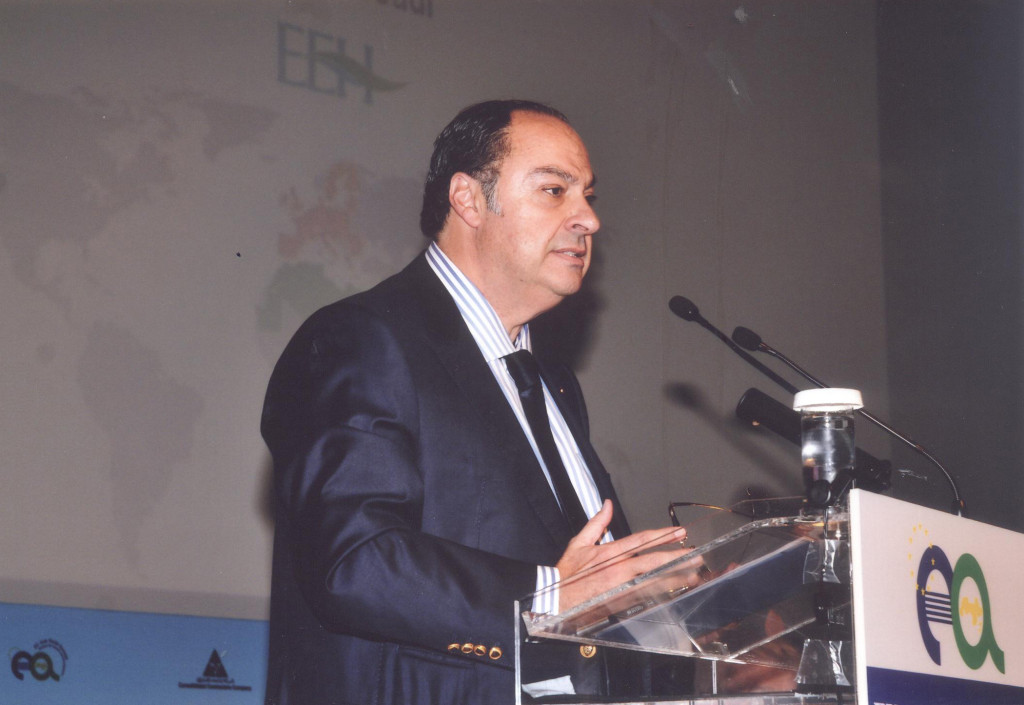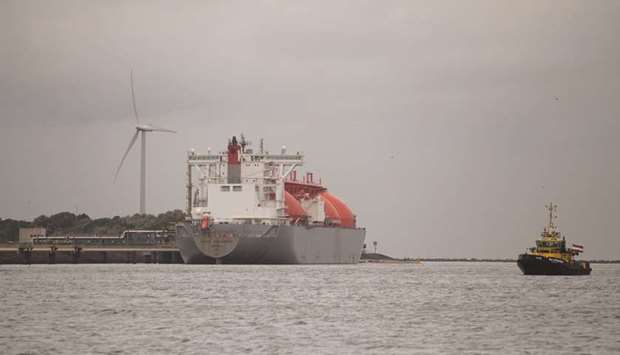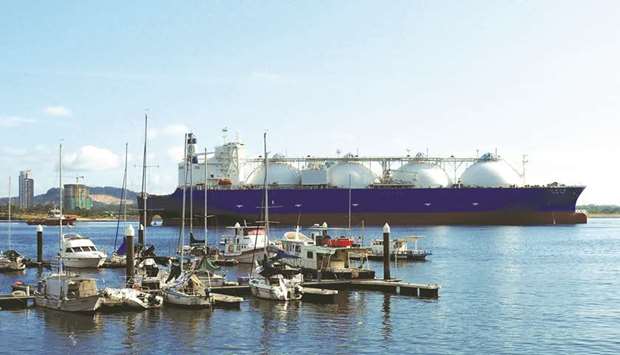
The Amir of Qatar HH Sheikh Tamim bin Hamad al Thani was in Lebanon only for a few hours over the weekend, but the impact of his visit will last far longer– and help improve the lives of all Lebanese in the process.
The mere fact of Sheikh Tamim’s presence spoke of a vision of partnership that sets Qatar apart from a great many countries on the world stage these days, and this on multiple levels, because the circumstances of his visit make the substance even weightier.
For observers of Arab politics unaccustomed to such phenomena, this is what genuine principle looks like. The Amir’s visit was not only a powerful gesture of support for the right of each and every Arab League member state to have a voice of its own, it also was a firm rejection of the dangerous and increasingly common notion that alliances are purely transactional relationships bereft of loyalty, shared interests, or any other marker of genuine friendship. In addition, the Qatari leader also concretised his country’s support to a fellow Arab state by agreeing to have it purchase some $ 500 million worth of Lebanese government bonds.
That Qatar can afford to do this is in itself an indicator of strong governance, because it comes despite the billions of dollars it has had to spend propping up its own national economy since June 2017, when several of its Arab brethren imposed an unlawful blockade. Now that it has reoriented its trade to more reliable partners and revamped its agrofood sector to increase self-sufficiency, the economy is once again growing strongly and sustainably, and public finances are as robust as ever. The purchase comes at a crucial juncture. Lebanon’s economy faces major challenges, including sluggish growth, a massive public debt, tight credit markets for the private sector, and weak confidence among both consumers and investors, be they foreign or domestic. In addition, the political arena is so sharply divided that more than eight months after the May 2018 parliamentary elections, a government is yet to be formed, further hamstringing efforts to institute reforms that would unlock billions in soft loans from friendly governments.
The resulting logjam even led to downward pressure on the Lebanese Pound (LBP), causing the Banque du Libnan (BDL) to take a variety of supportive measures, and sparking rumours that Beirut might not be able to make payments on sovereign debt maturing later this year. (In fact, just a day after the summit ended, Moody’s Investors Service downgraded Lebanon’s creditworthiness, although it also improved the outlook from “negative” to “stable”.
This decision would have been taken before the Qatari cash infusion, but it nonetheless gives a very good idea of how analysts view Lebanon’s predicament.) Enter Qatar and its bond deal, which confers multiple benefits. First, the cash signals to any currency speculators that a bet against the Lebanese Pound is also one against the financial muscle of the world’s richest country per capita-wise. Second, it substantially reduces the likelihood of debt rescheduling, which should calm nervous investors. Third, it significantly cuts the risks of holding LBP, which benefits each and every Lebanese – regardless of address, income, and/or sectarian/political affiliation – but especially the poor because they would be the most vulnerable to the consequences of currency depreciation, including higher inflation and even, potentially, the gutting of whatever savings they have been able to accumulate. Perhaps most importantly, both the actual and perceived impacts of Qatar’s largesse will be magnified because it is being channelled through the BDL, probably Lebanon’s most universally respected public institution. Under the leadership of Riad Salamé, the BDL has earned the respect of local and outside experts alike, as well as that of the US Federal Reserve and other leading central banks around the world, so observers can be confident that the funds provided by the Qataris will be put to their intended use. Finally, it more than bears mentioning that this is hardly the first time Qatar has been there for Lebanon, and for all Lebanese. During the bloody war waged by Israel against Lebanon in 2006, Sheikh Tamim’s father, the then Emir HH Sheikh Hamad bin Khalifa al Thani, made a similar demonstration of authentic friendship. Unlike most countries, Qatar threw open its land, air, and sea borders to any and all Lebanese, suspending visa requirements and even covering the cost of food, shelter, and utilities to those who could not afford it. Once the war was over, Qatar also forked over the equivalent of more than USD 1 billion for Lebanon, helping to rebuild homes, churches, and mosques, and to revive the Lebanese National Library in Beirut.
In 2008, when street clashes appeared to push Lebanon down the road to another civil war, it was Qatar that stepped in to mediate a reconciliation that restored some degree of functionality to the presidency and other key institutions. Since then, Qatar has repeatedly gone out of its way to assist the government and people of Lebanon, including last year, when it once again lifted visa restrictions on Lebanese travellers, the only Gulf Arab state to do so. In 2006, Qatar earned the gratitude of all Lebanese, not just because (unlike many others) it made good on its pledges, but also because its assistance was distributed without regard to the recipients’ religious or political persuasions. In fact, most of its generosity was disbursed in areas whose populations are heavily Shiite. To Sheikh Hamad, whose country’s citizenry is overwhelming Sunni, these details were irrelevant to the task of restoring hope, dignity, and the basics of modern life – not to Muslims, Christians, Sunnis, or Shia, but to human beings. Thanks to this brave humanitarian approach, the phrase ‘Shukran, Qatar’ made itself heard wherever there were Lebanese: at cafés and restaurants, at home and abroad, in print and over the radio, through satellite television and myriad emails and text messages. Now that Sheikh Tamim has so emphatically replicated his father’s courage, fairness, and wisdom, the time has come to say it again: Shukran, Qatar!
Roudi Baroudi is CEO of Energy and Environment Holding, an independent consultancy based in Doha. He is also a proud and grateful Lebanese.










